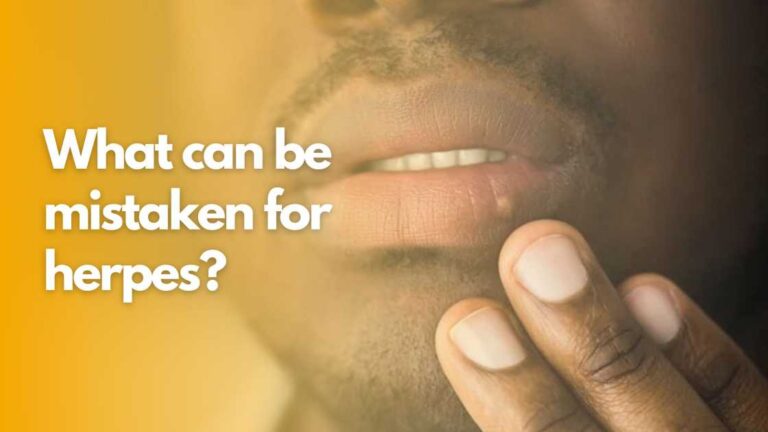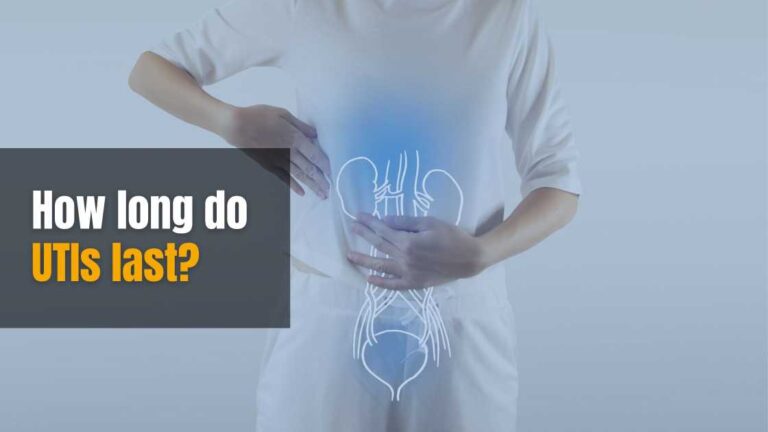Are you having a severe headache after wisdom teeth extraction and wondering what to do to resolve it?
Tooth extraction is usually performed when the native tooth cannot be saved. Although it is a difficult chore, ignoring it will exacerbate the situation. The gums, tissues, and teeth around them will become infected, loosen, and finally fall out, so it’s better to act now before it’s too late.
Additionally, proper aftercare is required. After tooth extraction, few people complain of a headache. If you’ve ever had your teeth extracted, especially your wisdom teeth, you know that headache is one of the adverse effects. People who find themselves in this predicament are at a loss for what to do.
Continue reading to learn why headaches happen and what to do if you suffer severe headache after wisdom teeth extraction.
Wisdom teeth, what are they?
When you reach maturity, your wisdom teeth are the last teeth to emerge. They appear between the ages of 17 and 21 when you are older. Having wisdom teeth does not automatically make you smarter.
Wisdom teeth are named for the fact that they appear as you become older. These teeth are located in the back of the mouth. Many people have four wisdom teeth, two on top and two below the gum line.
Molar teeth include wisdom teeth. They’re the hardest and biggest teeth in your mouth, allowing you to grind food. When wisdom teeth do not have enough room to grow in your gums, they are routinely extracted.
Impacted wisdom teeth can cause a lot of pain, as well as damage to surrounding teeth and general dental problems. They are typically difficult to clean and more susceptible to tooth decay.
Dentists advise removing them as soon as possible as a prophylactic, as they may cause issues later in life. If wisdom teeth are not removed, they might create a variety of difficulties in the future.
- The sack of tissue around the tooth can turn into a cyst before it emerges, causing bone loss in your jaw.
- If the tooth is on its side under your gum, it might eat away at the roots of surrounding teeth, causing them to fall out.
- Bacteria and plaque can form around a partially extracted tooth.
Why do headache occur after wisdom teeth extraction?
Many factors contribute to headaches, including fatigue, tension, workload, and diseases. Similarly, headaches are frequent after tooth extraction; eliminating a part of your body is difficult.
The forces that push and pull the teeth together throughout the procedure, including injections and drugs, impose pressure on the facial structure, causing headaches. The patient will not feel pain during the procedure, but as the sedation effect wears off, this is a regular concern.
Headaches can be caused by a variety of factors, including
- infection,
- dry socket,
- sinus injury, and
- deteriorating bone.
What to do after wisdom teeth extraction
If you’re suffering from headaches following a wisdom tooth extraction, here are some home cures to try.
- Take a pain reliever. Aspirin has long been used to treat headaches, including those induced by wisdom teeth. According to a 2015 study, aspirin is excellent at reducing dental pain. Follow the directions on the packaging and don’t exceed the suggested dosage.
- Hot and cold therapy are additional options. Heat pads can loosen tense muscles and promote blood flow to the area, while an ice pack can help relieve discomfort, inflammation, and edema. These advantages can aid in the relief or prevention of headache discomfort.
- For a few days, avoid intense activities and exercise.
- At night, use an extra pillow to support your head.
- Rinsing, spitting, hot liquids, or anything else that can dislodge the blood clots that form in the empty tooth socket should be avoided for 24 hours.
- For 24 hours, refrain from smoking and consuming alcohol.
Frequently asked questions (FAQs)
What is impacted wisdom teeth?
Your wisdom teeth are called impacted if they grow in incorrectly. Wisdom teeth impaction is prevalent since there isn’t enough area in the mouth for them to grow in. This could lead to them: emerging from the corner, becoming caught in the jaw, and pushing against the opposing molars.
When wisdom teeth erupt into a mouth that is too small for them, other teeth may shift, resulting in an incorrect bite. A bad bite might lead your lower jaw to compensate, causing pain and soreness, as well as headaches.
When should you eat after wisdom teeth extraction?
It is advised to avoid eating for the first 24 to 48 hours after your wisdom teeth have been removed. During this time, only liquids and soft foods such as ice cream and yogurt should be consumed. After your wisdom teeth have been removed, you can eat with a straw.
You may be interested in: When can I eat solid food after wisdom teeth removal
What foods may I consume after my wisdom teeth have been extracted?
The greatest meals to eat after wisdom teeth removal are soft and watery foods. Yogurt, mashed potatoes, mashed pumpkin, and avocados are examples of healthy foods.
After your wisdom teeth have been removed, you can consume mashed bananas, ice cream, hummus, smoothies, cottage cheese, oats, non-salty salmon, and warm (not hot) soup.
Are there any risks associated with wisdom tooth removal?
After the wisdom teeth are removed, there are no major consequences. On the first day, you may feel some bleeding. For a few days, your mouth may be uncomfortable and swollen. Bruises may take a little longer to heal.
It is advised not to clean or rinse your teeth following wisdom teeth extraction. After the first 24 hours, you can gently gargle your mouth with salt water every two hours for at least a week.
Is it OK to eat solid foods after wisdom teeth extraction?
It is not recommended to eat solid foods following wisdom teeth removal. Around seven days after your wisdom teeth have been removed, you should begin eating solid foods or adding solid foods to your diet.
What foods should you avoid after wisdom teeth extraction?
Certain foods should be avoided following wisdom tooth extraction since they can cause further discomfort and infection. Spicy foods, crunchy foods, sticky foods, alcoholic beverages, fizzy drinks, and other foods should be avoided following wisdom teeth removal.
Summary
Experiencing severe headaches after wisdom teeth extraction is quite normal. Throughout the operation, the forces that push and pull the teeth together, such as injections and medications, put pressure on the facial structure, creating headaches.
You might try a variety of solutions to get rid of your headaches. Some of the remedies include taking pain relievers and applying a cold compress.







Leave a Comment